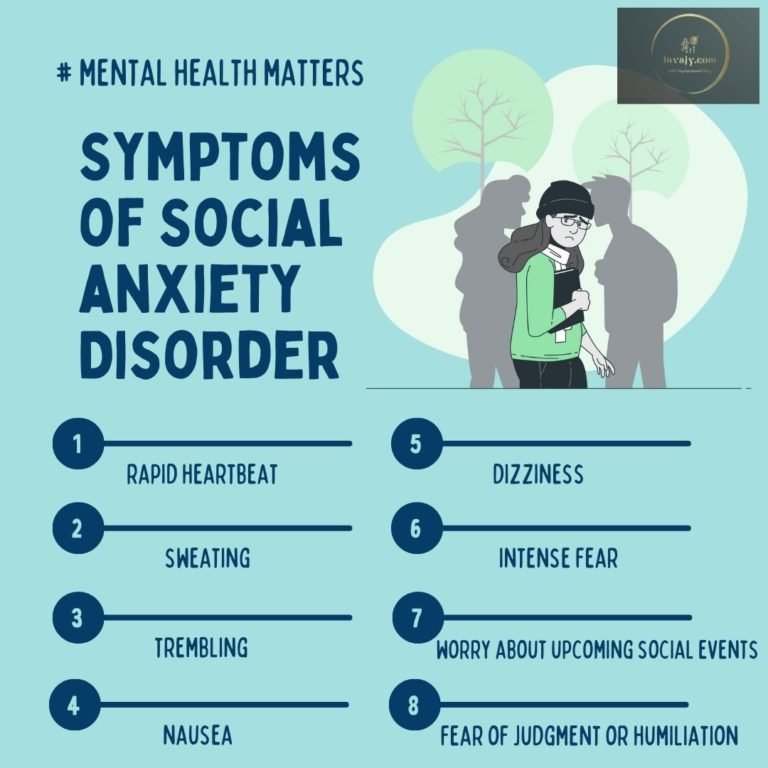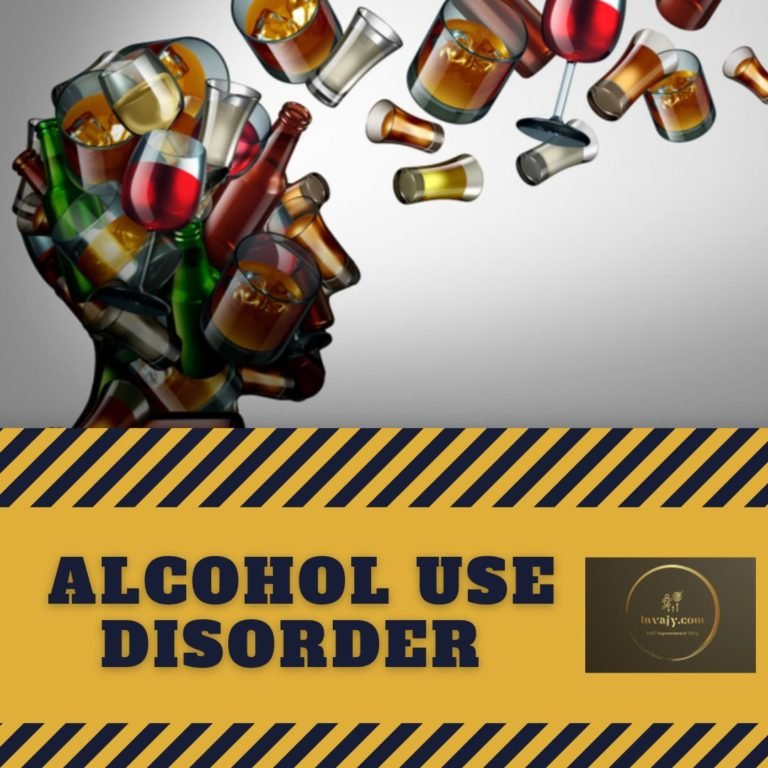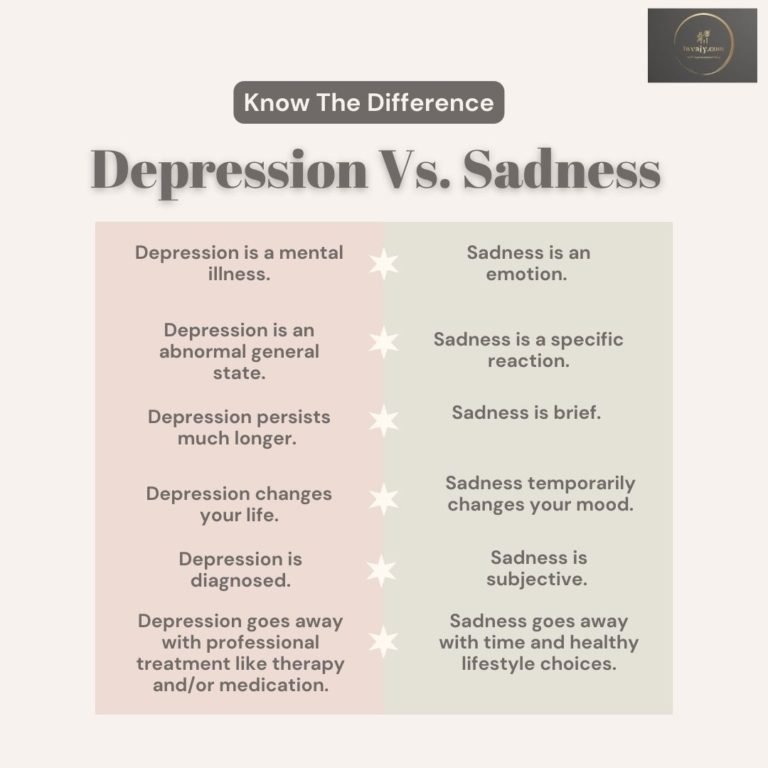Effective Strategies for Managing Insomnia and Sleepless Nights
Understand Insomnia Sleepless Disorder with insights into causes, effects, and effective strategies for achieving restful sleep. Learn how to tackle sleepless nights and improve your well-being.

Cant Sleep? In today’s fast-paced and demanding world, sleep has become an increasingly elusive and precious commodity. Many individuals find themselves staring at the ceiling night after night, battling the relentless foe known as insomnia. Insomnia, a common sleep disorder, affects millions of people worldwide and can have a profound impact on overall well-being and quality of life. In this article, we will delve into the causes, symptoms, and potential treatments for insomnia, with the aim of shedding light on this pervasive condition.
What is Insomnia?
Insomnia is characterized by persistent difficulties falling asleep, staying asleep, or experiencing non-restorative sleep despite adequate opportunity for sleep. It can manifest in various forms, ranging from occasional episodes to chronic and long-term sleep disturbances. While occasional sleepless nights are a normal part of life, insomnia becomes a concern when it starts to interfere with daily functioning, mood, and overall health.

Insomnia Symptoms
Symptoms of insomnia can vary from person to person, but they generally revolve around difficulties with sleep. Here are some common symptoms experienced by individuals with insomnia:
- Difficulty Falling Asleep: People with insomnia often have trouble initiating sleep. They may lie awake in bed for an extended period before finally falling asleep, or they may find themselves tossing and turning throughout the night.
- Trouble Staying Asleep: Another symptom of insomnia is difficulty maintaining sleep. Individuals may wake up frequently during the night and struggle to go back to sleep. These awakenings can be brief or prolonged, leading to fragmented and restless sleep.
- Early Morning Awakening: Insomnia may also cause individuals to wake up earlier than desired and have difficulty falling back asleep. They may feel fully awake and unable to return to sleep, even if they have not had enough rest.
- Non-Restorative Sleep: Despite spending an adequate amount of time in bed, people with insomnia often wake up feeling unrefreshed and fatigued. Their sleep may feel shallow or lacking in quality, leading to a persistent sense of tiredness throughout the day.
- Daytime Sleepiness and Fatigue: Insomnia can result in excessive daytime sleepiness, making it challenging to stay awake and alert during normal activities. Individuals may feel sluggish, lack energy, and experience difficulty concentrating or focusing.
- Mood Disturbances: Sleep deprivation caused by insomnia can have a significant impact on mood. Individuals may experience irritability, mood swings, increased stress levels, and a heightened risk of developing anxiety or depression.
- Cognitive Impairment: Insomnia can impair cognitive function, affecting memory, attention, and concentration. It may become challenging to remember details, learn new information, or perform mental tasks efficiently.
- Increased Physical Symptoms: Insomnia can manifest in physical symptoms such as headaches, gastrointestinal problems, muscle aches, and general discomfort. Chronic insomnia may also weaken the immune system, leading to increased susceptibility to illness.
- Anxiety and Worry about Sleep: Individuals with insomnia often develop anxiety and worry surrounding sleep. They may become preoccupied with thoughts about their inability to sleep, creating a vicious cycle of heightened stress and sleeplessness.
It is important to note that these symptoms can vary in severity and duration.
Causes of Insomnia
Insomnia can stem from a multitude of factors, both physiological and psychological. Stress, anxiety, depression, and other mental health conditions can significantly contribute to sleep disturbances. Additionally, certain lifestyle choices and habits, such as irregular sleep schedules, excessive caffeine intake, and the use of electronic devices before bedtime, can disrupt the body’s natural sleep-wake cycle.
Physical factors, including chronic pain, respiratory disorders like sleep apnea, hormonal imbalances, and neurological conditions, can also contribute to insomnia. Moreover, environmental factors, such as excessive noise, uncomfortable sleeping conditions, and shift work, can disrupt the body’s ability to fall and stay asleep.
Effects on Health and Well-being
The consequences of insomnia extend beyond a mere lack of sleep. Sleep deprivation can have a profound impact on physical health, cognitive function, and emotional well-being. Chronic insomnia has been associated with an increased risk of developing cardiovascular diseases, obesity, diabetes, and weakened immune function. In addition, individuals with insomnia often experience difficulties with concentration, memory recall, and decision-making, leading to reduced productivity and impaired performance in various aspects of life.
Insomnia Treatments and Coping Strategies
Fortunately, there are numerous strategies and treatment options available to manage and alleviate the symptoms of insomnia. Treating insomnia typically involves a combination of lifestyle changes, behavioral interventions, and, in some cases, medication. Here are some common treatment options for insomnia:
Identify and Address Underlying Conditions
It is essential to identify and address any underlying physical or mental health conditions that may be contributing to sleep disturbances. For example, managing chronic pain, treating sleep apnea, or addressing anxiety or depression can significantly improve sleep quality. Seeking professional help from a healthcare provider, such as a sleep specialist or therapist, can provide valuable guidance and support.
Sleep Hygiene
In many cases, implementing healthy sleep habits, known as sleep hygiene, can significantly improve sleep quality. This includes maintaining a consistent sleep schedule, creating a comfortable sleep environment (e.g., dark, quiet, and cool), and avoiding stimulating activities before bedtime. It’s also important to limit caffeine and alcohol intake, as they can disrupt sleep patterns.

CBT-I
Cognitive-behavioral therapy for insomnia (CBT-I) is a highly effective and evidence-based therapy for treating insomnia. This treatment approach focuses on identifying and modifying negative thoughts and behaviors associated with sleep. CBT-I techniques may include stimulus control, which helps establish a strong association between the bed and sleep, relaxation training to reduce anxiety, and sleep restriction, which aims to consolidate sleep and improve sleep efficiency.

- Stimulus Control Therapy: This technique involves establishing a consistent sleep routine and associating the bed with sleep rather than wakefulness. It may involve avoiding activities like watching TV or using electronic devices in bed and using the bed only for sleep and intimacy.
- Relaxation Techniques: Techniques such as progressive muscle relaxation, deep breathing exercises, meditation, and guided imagery can help relax the body and calm the mind, making it easier to fall asleep and stay asleep.
- Sleep Restriction: Sleep restriction therapy involves limiting the time spent in bed to match the actual amount of sleep obtained. This method helps improve sleep efficiency and consolidate sleep. Over time, the sleep window is gradually expanded as sleep improves.
Medication
In some cases, healthcare providers may prescribe medication to help manage insomnia. Medications such as sedative-hypnotics or low-dose antidepressants may be used on a short-term or intermittent basis to improve sleep. It’s important to discuss the benefits and potential risks of medication with a healthcare professional, as long-term reliance on medication may not address the underlying causes of insomnia.
Lifestyle Changes
Making certain lifestyle modifications can have a positive impact on sleep. Regular exercise during the day (but not close to bedtime) can promote better sleep. Additionally, avoiding large meals, nicotine, and excessive fluids close to bedtime can help prevent disruptions during the night.

Alternative Therapies
Some individuals find relief from insomnia through alternative therapies such as acupuncture, aromatherapy, or herbal supplements. While the evidence for their effectiveness is limited, some people may experience benefits. It’s important to consult with a healthcare professional before trying alternative therapies to ensure they are safe and appropriate.
Remember, the most effective treatment for insomnia may vary depending on the underlying causes and individual circumstances. It is advisable to consult with a healthcare professional or sleep specialist who can provide an accurate diagnosis and guide you toward the most appropriate treatment options for your specific situation.
Wrapping Up!
Insomnia is a pervasive sleep disorder that can significantly impact an individual’s physical health, mental well-being, and overall quality of life. Understanding the causes and implementing effective coping strategies and treatments can pave the way for a restful night’s sleep. By addressing the underlying factors contributing to insomnia and adopting healthy sleep habits, individuals can reclaim their nights and restore balance to their lives. Remember, a good night’s sleep is not a luxury but a necessity for optimal health and well-being. I hope, if you will use above tips and strategies to deal with Insomnia; you will surely be able to manage this mental health condition in a better way.
That’s all from my side. I hope, you liked this article on mental health. Please share this on your favorite social media portals with your friends and relatives.
(Disclaimer: This article is for general information only. Before adopting preventive methods/measures/treatment, please seek medical advice)






